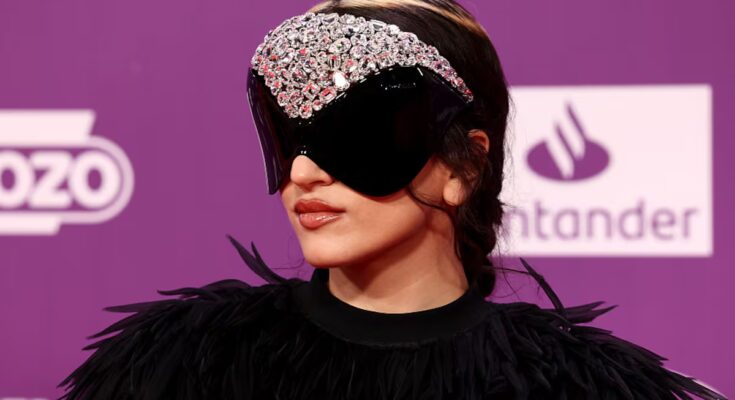Life has long since become a market and has rightly made us unbelievers, willing to see interests and ulterior motives in everything. It also makes sense for investment funds to take over football if they want to sell us t-shirts, records, channel subscriptions and superfluous products, if they want to privatize fear, joy and even ideas and, at the price of crude realism, we end up distrustful of any emotion: because everyone wants something from us and because there is always a cat in the bag.
The other evening Leo Messi returned to the place that he misses so much, which is what he called Camp Nou. He showed up at the stadium as a surprise and they let him pass because Messi, in reality, never left. A guard can also approach him with the ball in his hands to ask him what took him so long and, jokingly, tell him how these years have passed, just as if he were starting the first episode of the game. Seven lives.
Now all is speculation and debate about what Messi meant when he said I hope he returns one day – when, with whom, for what, with what number if there was still time – but there is something even more powerful than controversy and which appears even just by seeing the simple image of a player contemplating a pitch still under construction: imagination. Impossible to know there, in that stadium that he misses with all his soul, without imagining a dribble, an impossible pass or a goal from the wrong hand. There was something connected to a nostalgia without business: that excitement with which you finished watching your games.
Rosalía recorded an album that was already a success before it went on sale, and much has been written about the promotional strategies that led to it. Sure, obviously. E. The mystery of his triumph is solved by listening to the album and seeing that, above all else, he has created something different, a bold and talented mix that produces a hint of joy and the desire to cry. It is neither bought nor sold: the best thing to do is to let go and enjoy it, because miracles like this happen very rarely. What Rosalía did is not a business: it is a work of art destined to last over time.
It’s been a long time since current events became toxic and moody, and, in part, this discomfort is purposely fueled by algorithms to keep us on our toes and prevent us from watching. This is why it is important to preserve a last vestige of innocence, almost romantic: so that no one takes away our ability to excite us with a counterattack and a dribbling, with a detachment of voice which, when it hits an inexplicable note, shakes you without realizing it or knowing why. The poem is urgent, before they come to buy it.



